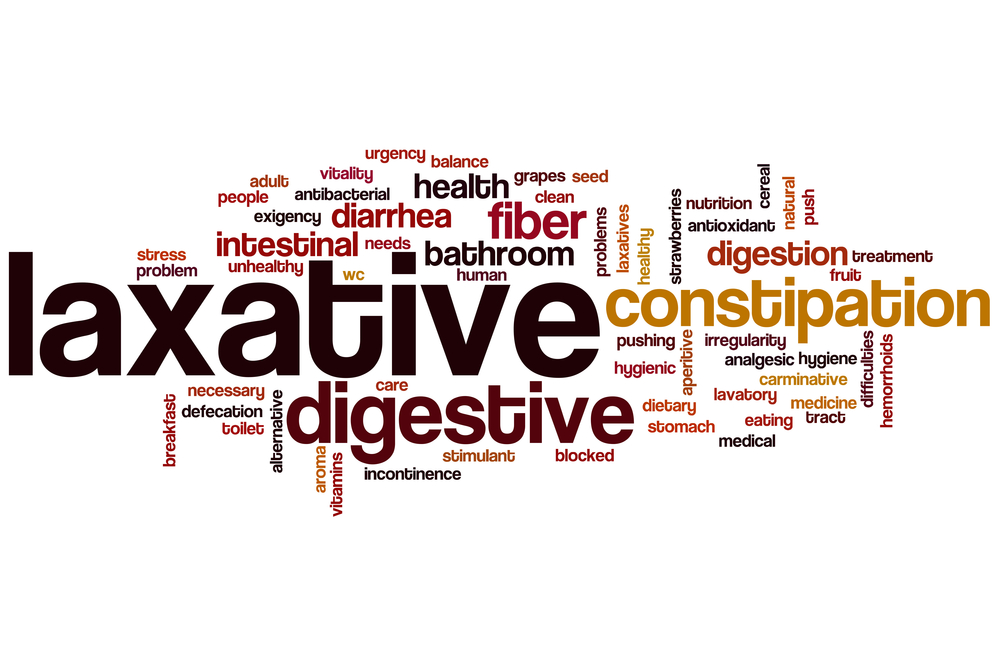You might think it sounds funny if you’ve never had to go through it. We snigger at it and avoid the topic in polite conversation. It could be caused by your diet, medication, pregnancy, stress, travel or even by refusing to use public toilets. But when it hits you – and constipation affects almost all of us at one point or another – you won’t find yourself very amused at all.
There are degrees of constipation, but the generally accepted definition is when the sufferer has a bowel movement less than five times in a week, has difficulty doing so, and when their faecal matter is small, dry and hard. This last part provides a clue as to the true danger of this pervasive problem. Bowel movements are a major way in which your body expels toxins, as both solid and liquid. When you don’t have a bowel movement for a few days and stool sits in your colon, your body begins to re-absorb the waste water. That’s why bowels become impacted and stool becomes dry and difficult to expel – and it also means that the toxins you should have got rid of are back to circulating through your body. The longer you are constipated, the more waste matter builds up in your bloodstream, putting added stress on your body. Sufferers might notice other signs of this toxic build-up, such as bad breath and skin problems: respiration and perspiration are two other ways your body expels waste.
You might instinctively turn to laxatives for relief from constipation, but not so fast. Especially if you are frequently constipated, laxatives can do you more harm than good in the long run. Your bowels can start to depend on laxatives to function normally; they can damage the natural contracting motion of your colon, which will make things worse over time, as well as effecting the nerves and tissue of your large intestine. Stimulant laxatives are the worst culprits for this, but herbal remedies such as cassia or senna can have the same effect. “Natural” doesn’t always mean “safe”!
There are plenty of laxative-free ways to encourage your colon to function again, and it starts – as most of the best remedies do – with your diet. We all know dietary fibre is of the utmost importance for proper bowel function: insoluble fibre helps food to move through your intestines, while soluble fibre slows digestion to a healthy level and encourages the growth of healthy gut bacteria. You can easily up your fibre levels with vegetables like beans, peas and broccoli; many people also take psyllium husk as a supplement, though it can be allergenic and sometimes causes bloating. Probiotics are also key, since they ensure your colonic microbiome supports healthy bacteria; this helps you get the most out of your food and expel what isn’t needed.
Even simpler remedies include getting lots of exercise to stimulate circulation and intestinal movement, abdominal massage to get things physically moving, and adopting the squatting position when you go to have a bowel movement. And if you need to go, go: delaying bowel movements when you feel the urge keeps waste matter in your colon for longer, increasing the likelihood that it will become impacted.
Impacted or constipated colons can have a range of negative health effects; in fact, many of us have some degree of waste build-up in our bowels without the symptoms of constipation to let us know urgently that something is wrong. We recommend an oxygen cleanse like Oxy-Powder, or Colosan which also contains magnesium to keep your bowels squeaky-clean and running smoothly. There’s no need for aggressive laxatives or enema treatments; by slowly releasing stabilised nascent oxygen into your intestinal tract, this method of cleansing turns impacted solids into easy-to-pass liquids. No, it’s not pretty to think about – but you have to agree it’s far better than being constipated.

